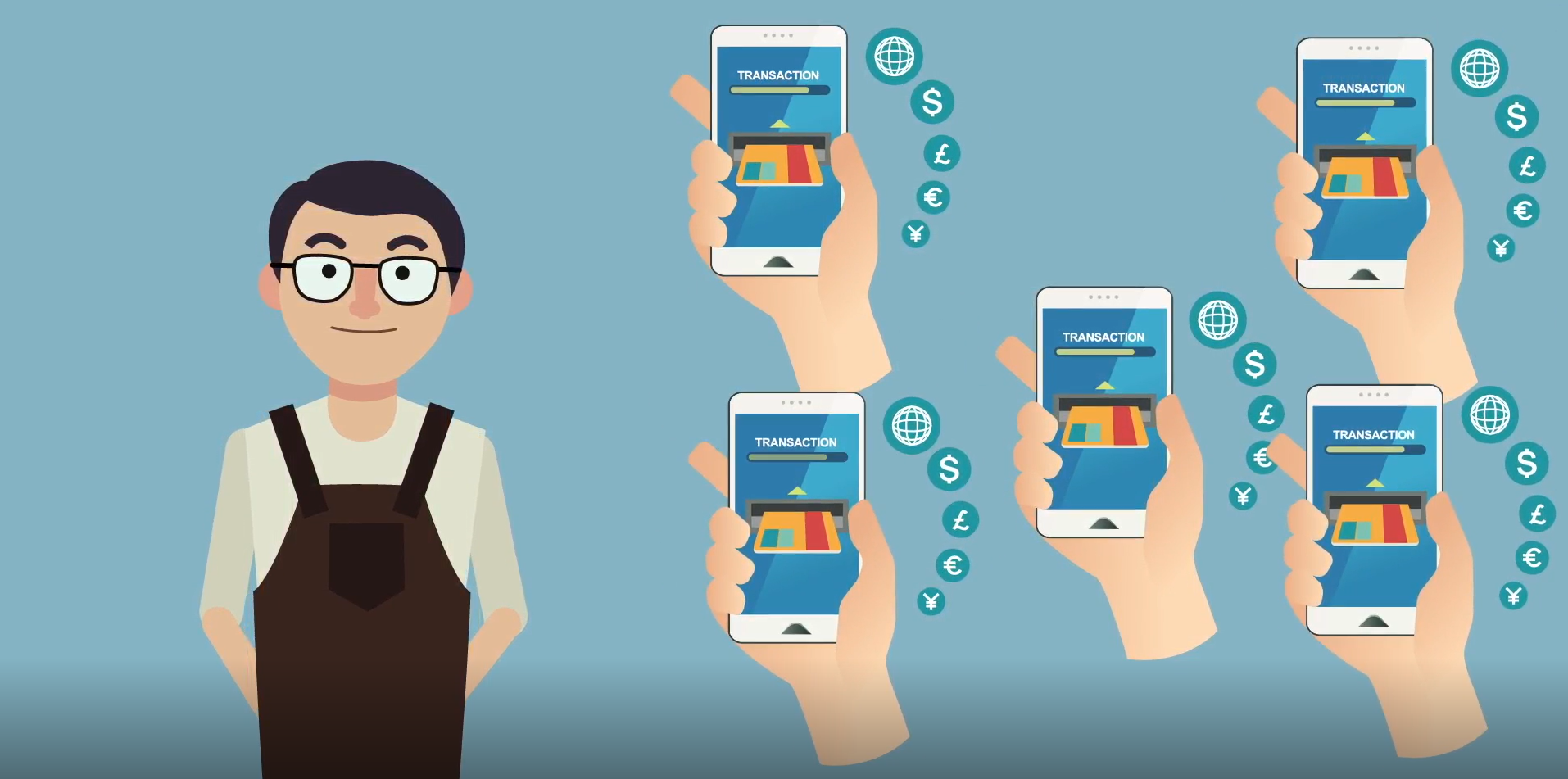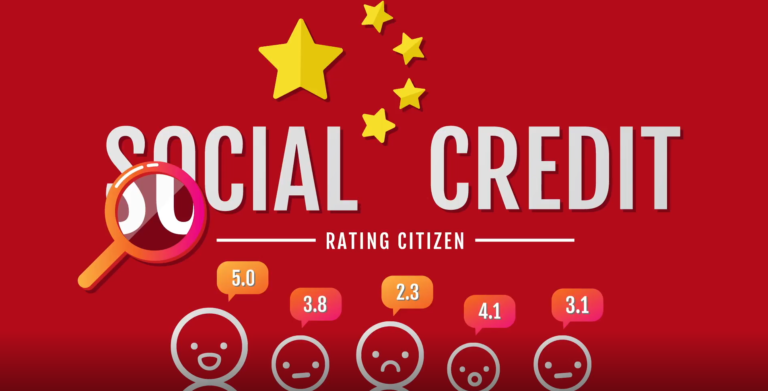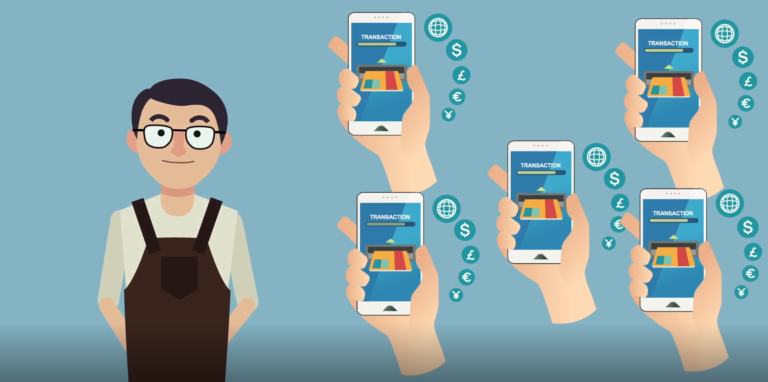Transcript
Revisiting our earlier example about purchasing a home. Imagine you go to a bank to get a home loan. In addition to the financial information to evaluate your credit worthiness, the bank also asks you for social information. This contains your behaviours on your phone and your computer, what websites you frequently visit, what kind of games you play for how long, and what kind of music videos you watch. How would that make you feel? And how would that impact how you live your life on a daily basis?
Let’s start with the good stuff. Some of the most successful examples of social credit are in Africa and developing parts of Asia. One really simple aspect of social credit would be whether or not you pay your mobile phone bills. If you are in Kenya and you don’t have a bank account but you are utilising one of the mobile banking payment platforms, whether or not you pay your mobile phone bill each month is probably the best way to determine your creditworthiness. This was brilliant and millions and millions of people have benefited from that aspect of social credit scoring.
On the flip side, some other examples of social credit are concerning. They’ll look at what we would consider more moral decision-making. When we think about morality, a frequent question is who gets to decide what’s moral or not.
Think about it. If you are home, who is to say whether your behaviour is specifically good or specifically bad especially when we’re talking about accessing credit? One example could be “playing video games is bad and therefore people that play a lot of video games should be less worthy of credit”. Even if we agreed with that on a personal level (which we don’t necessarily), it is very dangerous to think that a small group of people (probably men) who we don’t really know who they are or what they’re discussing, are going to be the ones to determine what is moral and therefore what is acceptable in society.
As we’ve already discussed, this can have extremely broad implications in terms of whether or not you can buy a house, whether you can get a visa to travel outside the country, or in some cases, even determining what types of majors you can have, what types of careers you can enter into.
That is not yet the full story. Assuming all that we have discussed above is true, how do you think that is going to affect your daily life? Philosophers from a long time ago have talked about what observation does to people’s behaviours. Even though nobody is compelling you physically to do anything, and even though nobody is watching you do anything, the fact that you think you are being watched is enough to start shaping and changing your behaviour. From this behavioural modification standpoint, there are pretty concrete examples historically, not even that long ago, where broad scale social change was achieved through behaviour modification.
Let’s not be too negative here. The reality is that you and I, generally conform to the best aspects of human behaviour. That is why as a species, generally speaking, we get better and better. We tend to mirror the best elements of our humanity. However, that brings up yet another important question.
Here’s a quick example of David Bishop and his father. When David Bishop was young, his father would take him to provide service within the community. He, like many teenagers, would go quite begrudgingly and as you could imagine, complaining the whole way. In this situation, his father would say to him “If you don’t WANT to do this, then this is not going to count as a benefit to you.” What he meant was that David had to actually WANT to provide the service in order for the experience to benefit him psychologically.
So, back to our behaviour modification discussion, can you compel people into a certain type of behaviour and make them good?
The idea goes to the internal or inherent motivation that the person has in the actions. Even though both people may be doing exactly the same good things, the motivations for doing such good things could set them apart.
If history is our mirror, when societies have tried to compel a good type of moral behaviour, it often leads to some of the most dire consequences. This is because people would not feel that inherent sense of shame or morality in their decision making and instead they often looked to avoid those things and became disassociated to society.
There are two aspects of this “checkbox morality” that are concerning. One is the feeling that as long as I tick the box, I’m a good person and anything outside else is irrelevant to me. Whatever I do can be justified because I’ve ticked the boxes. The second one is slightly more pernicious. It is the idea that we’re ticking the box to tick the box, but we know that is not necessarily what our true intent or desire is. There are examples of this historically where you could have genocide or significant inequality that’s perpetuated simply based on false definitions of morality.
What if based on my sense of morality I believe that a particular minority race was not worthy of voting, not worthy of financial credit, and should not be allowed to own property? I could say that god has told me this is the right thing to do and that is my definition of morality. In actual fact, hopefully, as a society, we would say those are terrible ideas.



